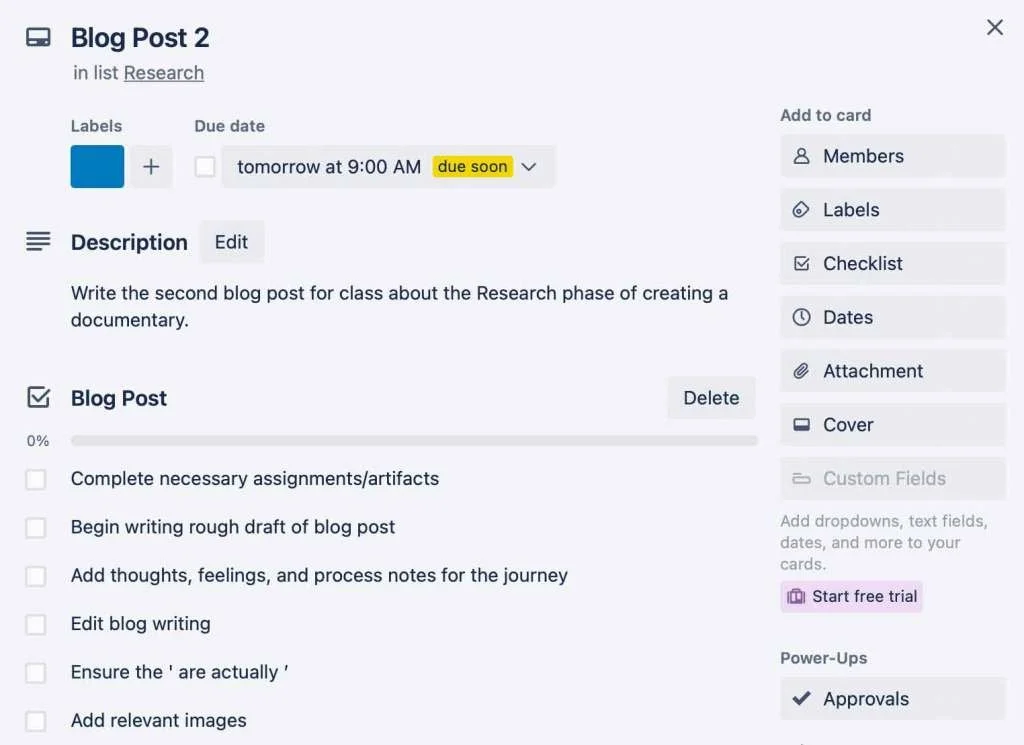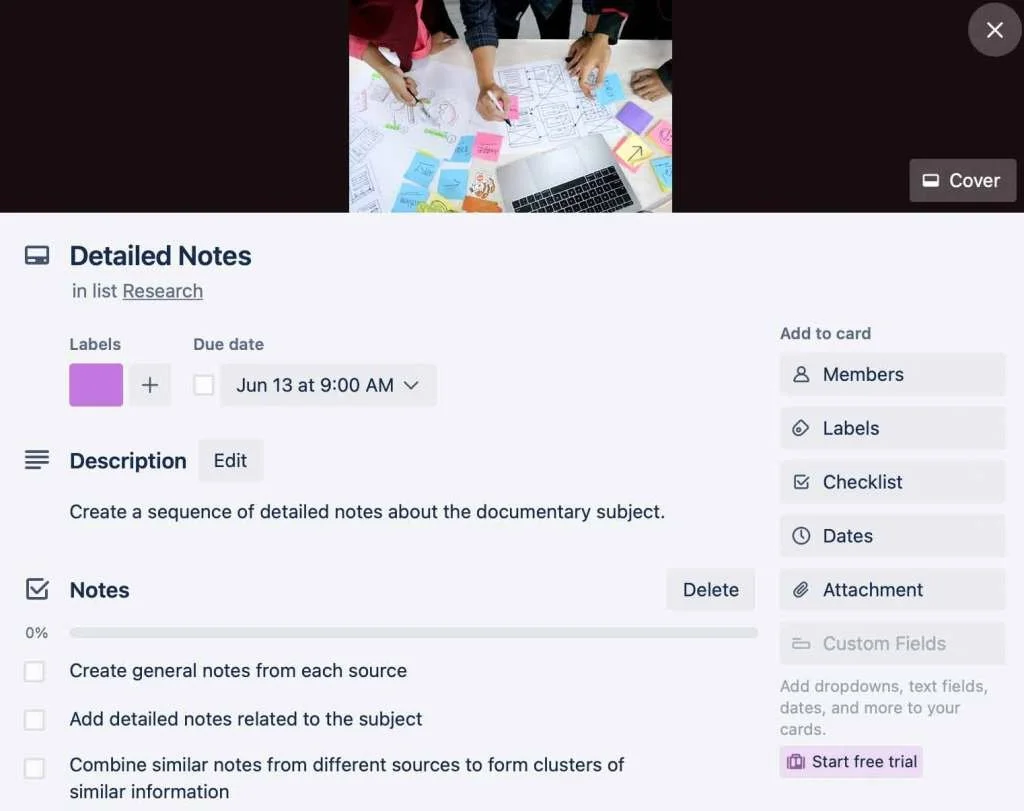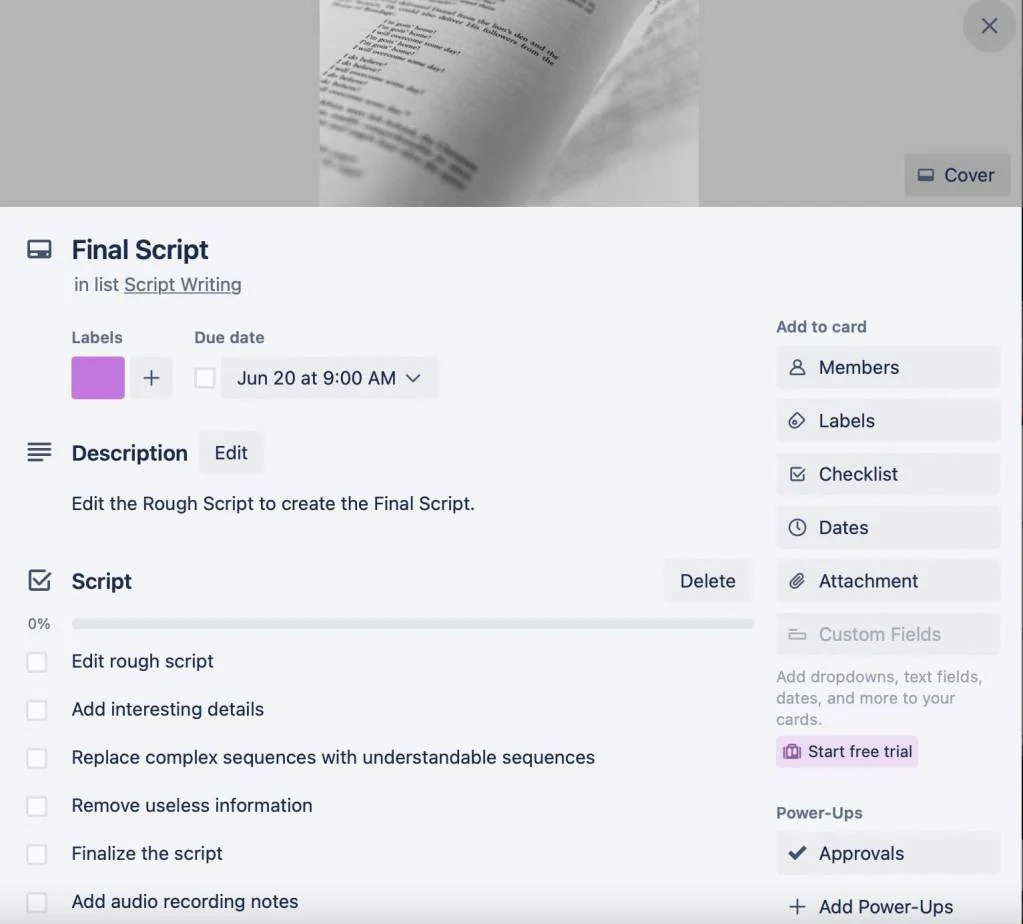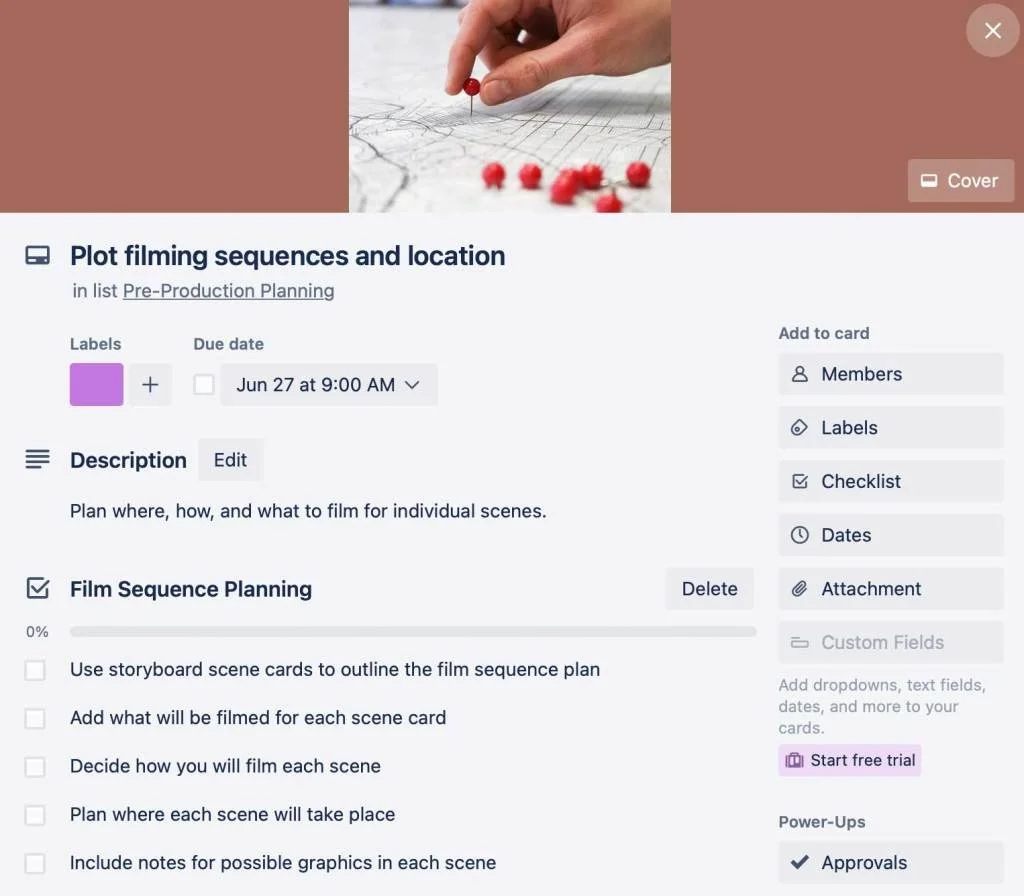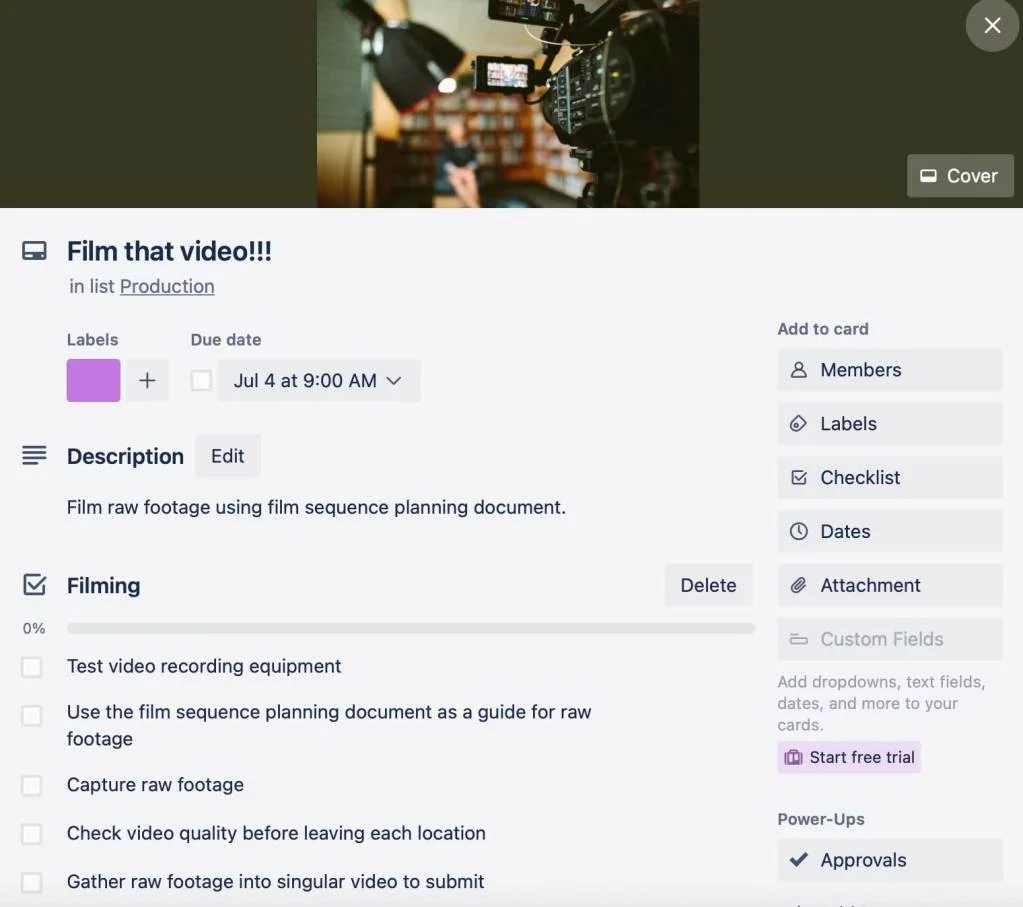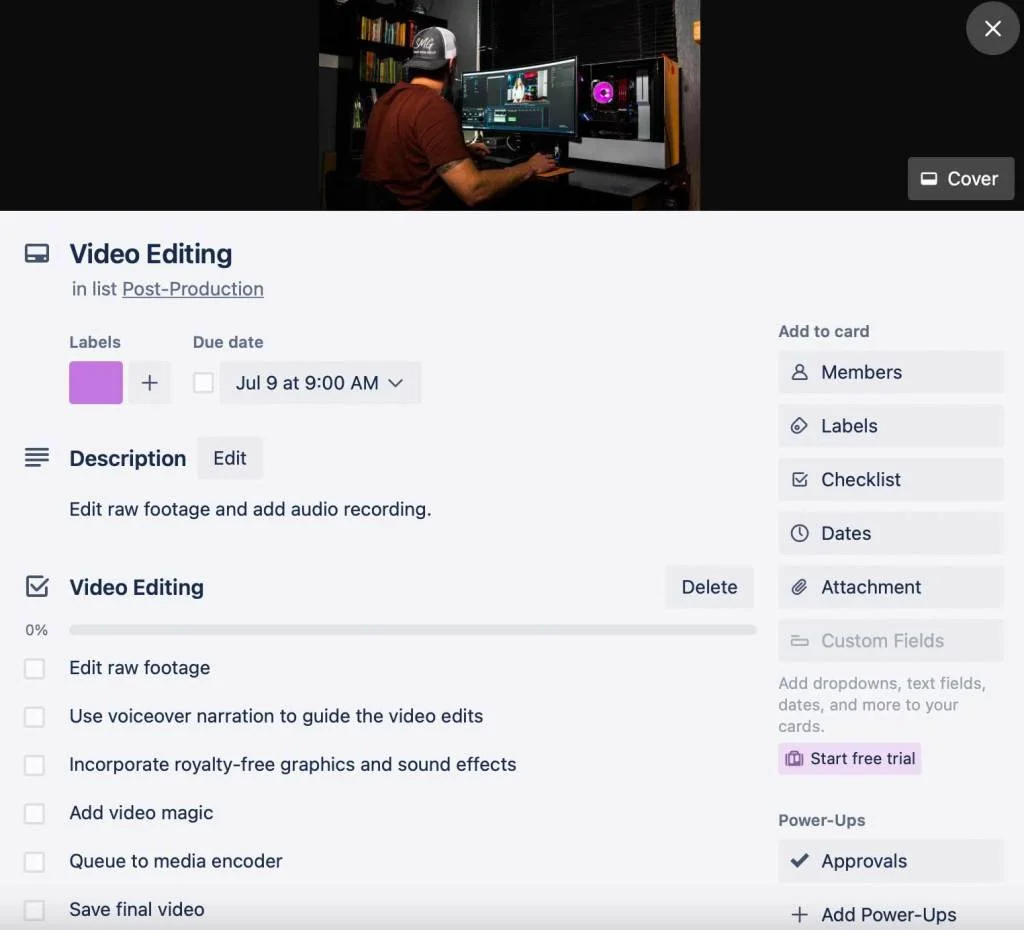Whispers from Salem: Project Planning for a Mini-Documentary
“You’ve always had the power, my dear. You just had to learn it for yourself.”
Glinda, The Wizard of Oz
Over seven weeks, my goal is to create a mini-documentary about the Salem Witch Trials, focusing primarily on the influence of gossip, rumors, and spectral evidence. With such a tight deadline rapidly approaching, project planning will be the most beneficial tool in this process. My goal for the video length was initially five to seven minutes, but the vast amount of information from my research leads me to believe the video should be about ten minutes long.
Project planning using a calendar.
I always begin project planning with a trick: using a calendar, I work backward from the final deadline to establish realistic and achievable task completion dates. For example, my final deadline is July 9th, so I need to ensure I upload the video by that date. To have the video ready to upload, I should complete the video editing and create video thumbnails before July 8th, which means I should start editing around July 2nd. I won’t be able to start filming until June 25th, but I would still have time to film from June 25th to July 2nd. Since voiceover narration will be my primary audio, I should start recording audio by June 21st, so I will have it completed by June 27th. The week before the audio recording, from June 13th to June 20th, I will focus on editing the script and sourcing royalty-free graphics and sound effects. Finally, next week, I will dedicate this to creating detailed notes from my research, forming a script outline, storyboarding, and writing a rough script.
Project Management Software
I’m using Trello as my project management software because it’s free, and I’ve worked with the software before. The software offers lists to create categories, which I used to discern different stages in the production process.
The production stages I chose to include are:
Research
Script Writing
Pre-Production Planning
Production
Post-Production
An overview of my documentary Project Board on Trello.
When I created this project board, I chose a “video creation” template that offered some of the production stages I used, such as Research and Script Writing. However, the template also included Publish/Promote and Video Shoot. Therefore, I moved publishing and promotion to Post-Production since the task list only contained two cards. I also changed Video Shoot to Production because a large portion of my Production stage will focus on audio recording.
Within each list, I added task cards that represent a deliverable or artifact. The task cards contain a checklist, description, and due date to help me stay on track with the overall progress of my project. Trello’s software also allows users to create color-coded labels, so I used purple for artifacts and blue for blog posts.
Simplifying task cards into checklists also helps me discern which minor tasks I will need to complete to accomplish larger goals. Small tasks make me feel like I’m accomplishing more and have a less daunting effect.
Research
Unsurprisingly, documentaries require loads of research about the subject. I have created a documentary before, but this video will have more historical context and significantly more information. I will also research some tips and tricks for creating documentaries to help the process go more smoothly.
During my research stage, I’ve noticed that many of the “facts” I thought I knew about the Salem Witch Trials were myths and legends associated with witch-hunts in general. I also believed there wouldn’t be much in the way of primary sources or detailed information about the occurrences, but alas, I was very wrong. Organizing so much research into a digestible video will be tricky, so project management is crucial to forming a smooth, understandable documentary.
Script Writing
I’ll create a detailed document containing my research notes, which will later influence the script outline and storyboard. In this stage, I will also need to contact historical societies, museums, and local historians for possible interviews.
Pre-Production
To prepare for the production stage, I need to create a script and a storyboard. So, first, I will create a script outline and a storyboard to form a coherent, logically-flowing script with my research notes. Then, I will begin writing a rough script and, later, edit the script to create a final script. I will also begin sourcing royalty-free graphics and sound effects for the final video and collect these into a portfolio for reference.
Production
The production phase for this project will be quite complicated, as the locations that would be ideal for filming are far from my current residence. However, I want to film on-location, so a short trip for filming would suffice (if I can manage it). Nonetheless, I’ll also need to plan for backup filming locations nearby. Voiceover narration will be the primary audio used in my project, so audio recording will be a major component of the production stage.
Post-Production
The Post-Production stage will be where most of the movie magic happens. Video editing is my favorite place to bring a video to life. First, I will edit raw audio in Adobe Audition before transferring the audio files to Adobe PremierePro for video editing. Then, I will use voiceover narration to guide the on-screen footage. Finally, I will upload the documentary to my YouTube channel and share it on social media.
Action Plan
Research - Weeks 1 to 3
Script Writing - Weeks 3 to 4
Pre-Production - Weeks 3 to 4
Production - Weeks 5 to 6
Post-Production - Weeks 6 to 7
Much of the time allocated to each phase will overlap with another phase. As with many creative projects, many factors will not go as planned, so this overlap in weekly tasks will hopefully offer the opportunity to begin each phase earlier with more time to deal with issues as they arise.
In the first three weeks, much of my time is dedicated to researching and preparing for Script Writing and Pre-Production. Within the third week of the project, I will focus on continued research and converting that information into a script outline, rough script, and detailed notes.
Script Writing and Pre-Production will take place simultaneously, allowing the rough script to influence sourced graphics and sound effects. In the fifth week, voiceover narration will kick off the Production phase as I begin recording audio. I will begin filming for the project between the fifth and sixth weeks. Finally, the seventh week will focus on video editing and uploading the final project.





